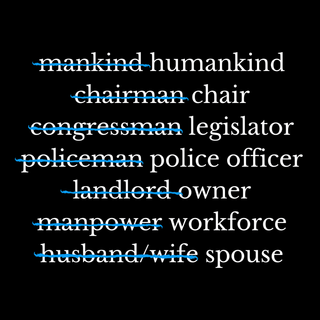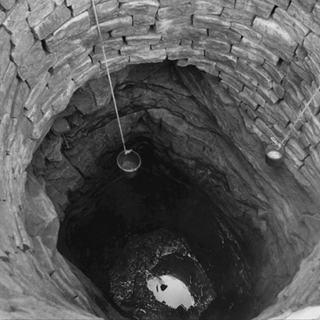Rwandan President Paul Kagame issued a personal pardon for 50 women who were jailed for undergoing abortion procedures. The Rwandan cabinet took the decision to release these women after a written request from the Rwandan minister of Justice.
“While this is a good move, women and girls should never, in the first place, be imprisoned for exercising their reproductive rights. The government of Rwanda should remove punitive measures for women who undergo abortions,” Dr. Agnes Odhiambo of Human Rights Watch in Kenya told the Guardian.
Rwanda’s penal code was revised in 2018 to allow abortion when pregnancy was the outcome of rape, child sexual abuse, incest, forced marriage, and in instances where the pregnancy posed a health risk. As of now, women cannot get elective abortions in the country.
Six of the 50 pardoned women had received life sentences, and the others had received terms that ranged from a year to 25 years. The pardon and release of these women occurred amid the conditional release of around 3500 convicts, done to reduce the number of prison inmates during the Covid-19 pandemic.
Yet, President Kagame has previously pardoned more than 400 women and girls for seeking abortions only last year. This has raised the obvious question of what the government’s abortion policy is; if the intention is to stop punishing women who have elective abortions, why continue a cycle of arresting and pardoning women?
Related on The Swaddle:
India’s Abortion Laws: How Far They’ve Come, and How Far They Still Have to Go
Sylvie Nsanga, a prominent women’s rights activist, pointed out that these pardons were not useful, and drew attention to the healthcare and culture problems that Rwandan women must face while seeking an abortion. Rwandan women have access to one doctor per 10,000 people and one midwife per around 4000 women approximately, the Guardian reported. Plus, a significant number of Rwandan hospitals are run by religious trusts, and so, refuse to offer abortions on grounds of faith. Unless abortions are supported fully by both the law and healthcare, women seeking them will keep having to do so shrouded in fear and confusion.
Nsanga told The Associated Press, “It means girls will continue to get pregnant, abort, be imprisoned and then get pardoned by the president…There should be more conversation about the penal code that prohibits health professionals such as midwives from providing abortions.”
Niki Kandirikirira, Equality Now’s Director of Programmes, told The Independent that, “Access to safe and legal abortions is a basic healthcare need and right. Rather than punishing individuals who are dealing with unwanted or forced pregnancies, the Rwandan government should be removing legal restrictions, barriers to medical assistance, and stigma that force women and girls to resort to clandestine and unsafe procedures.”




